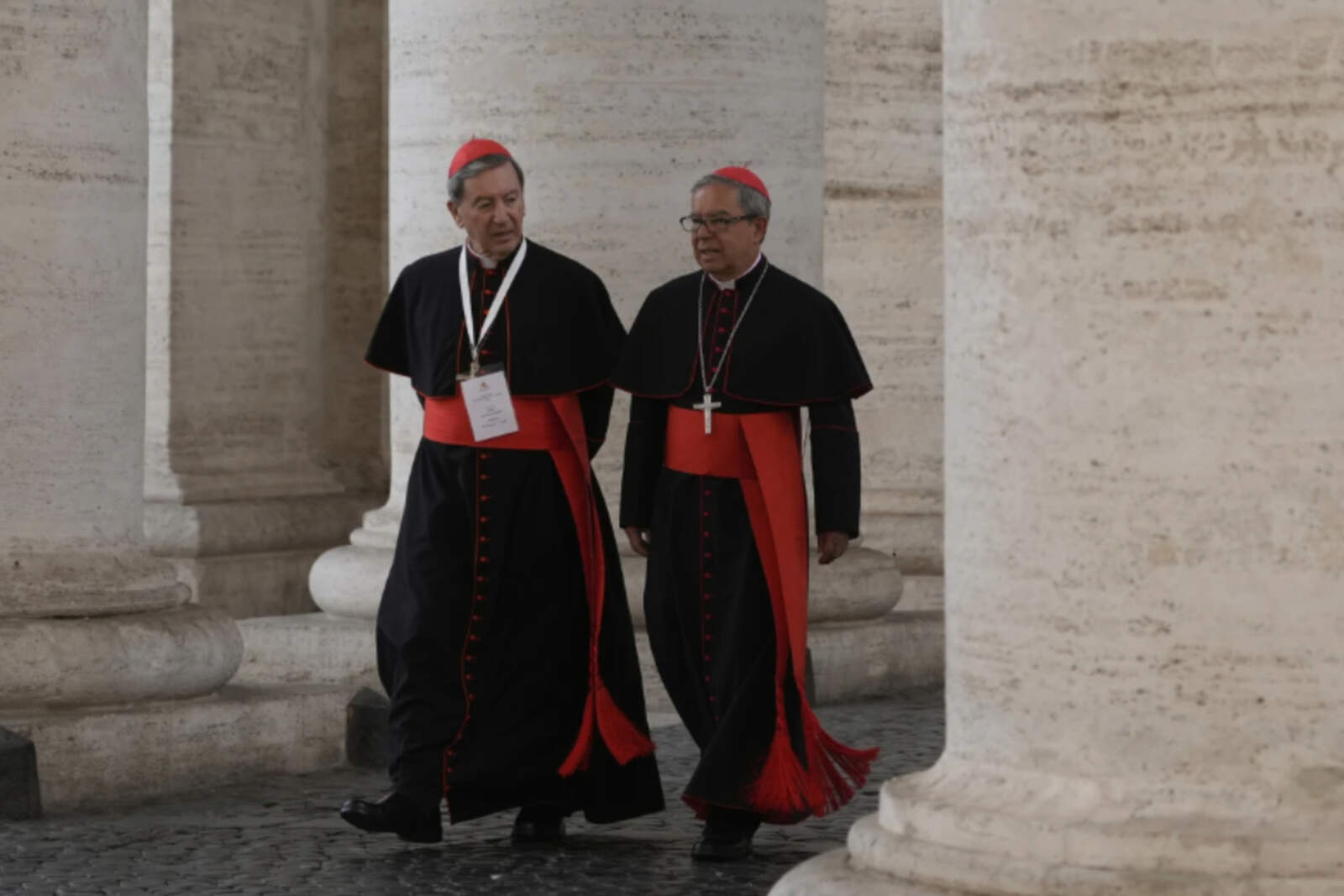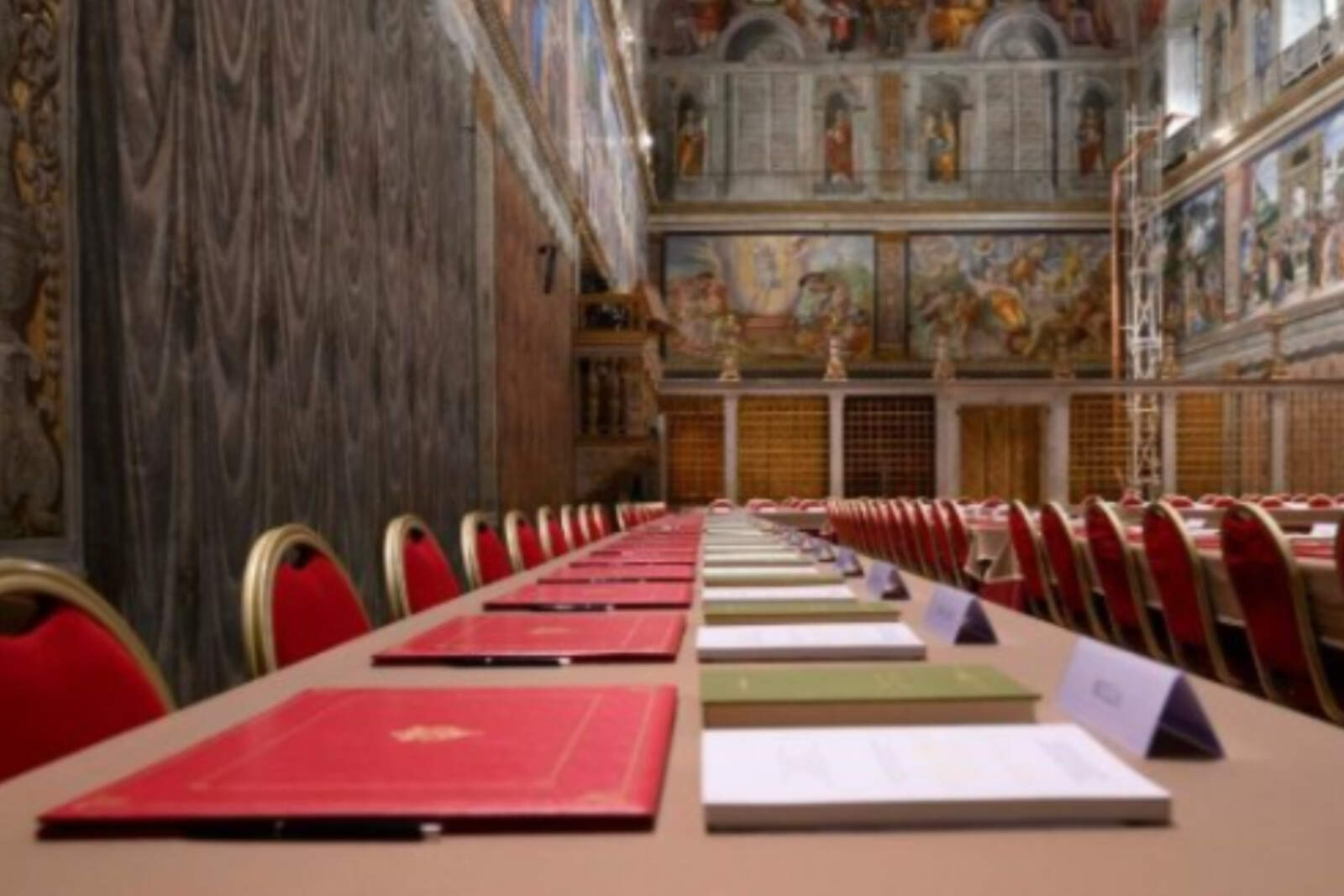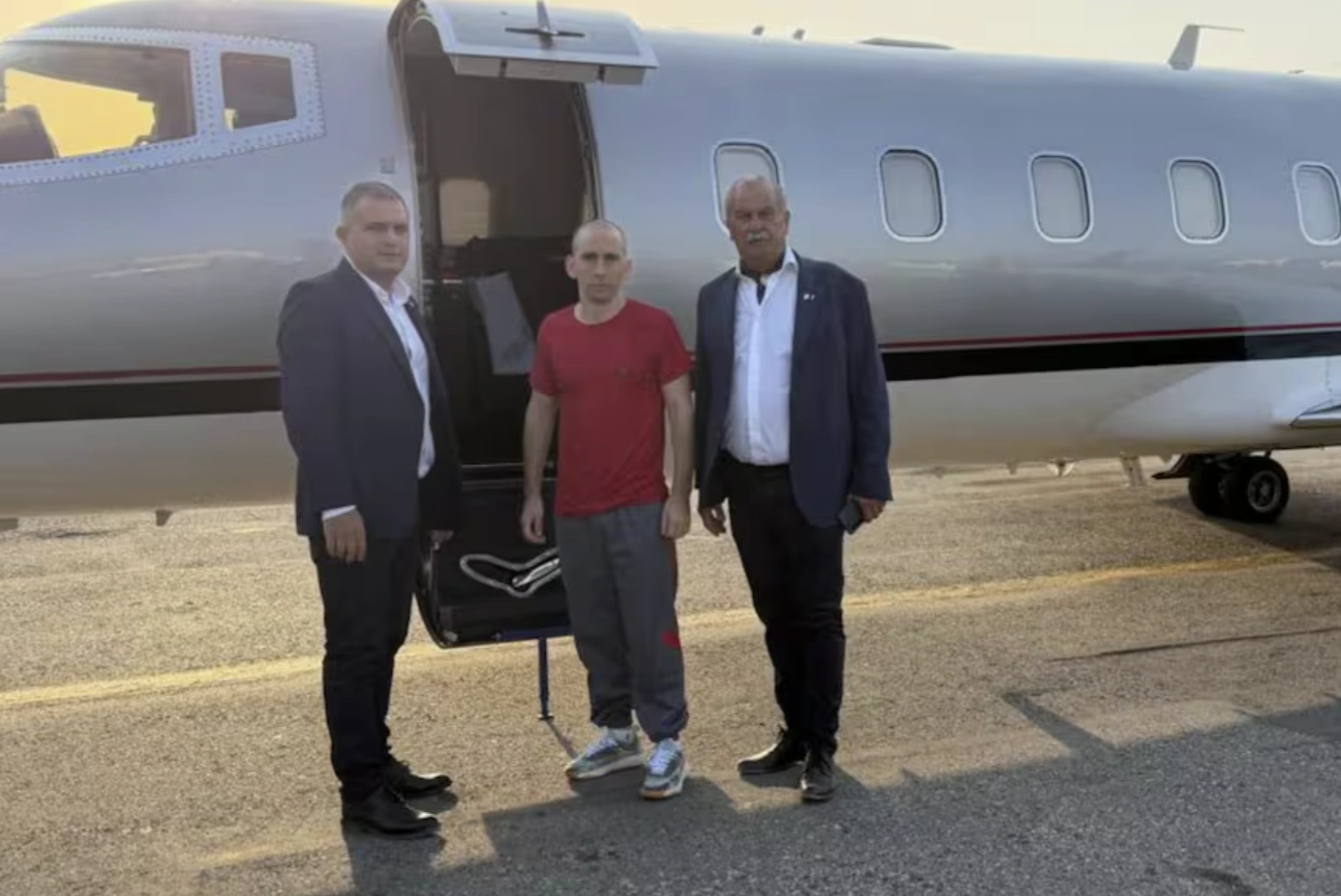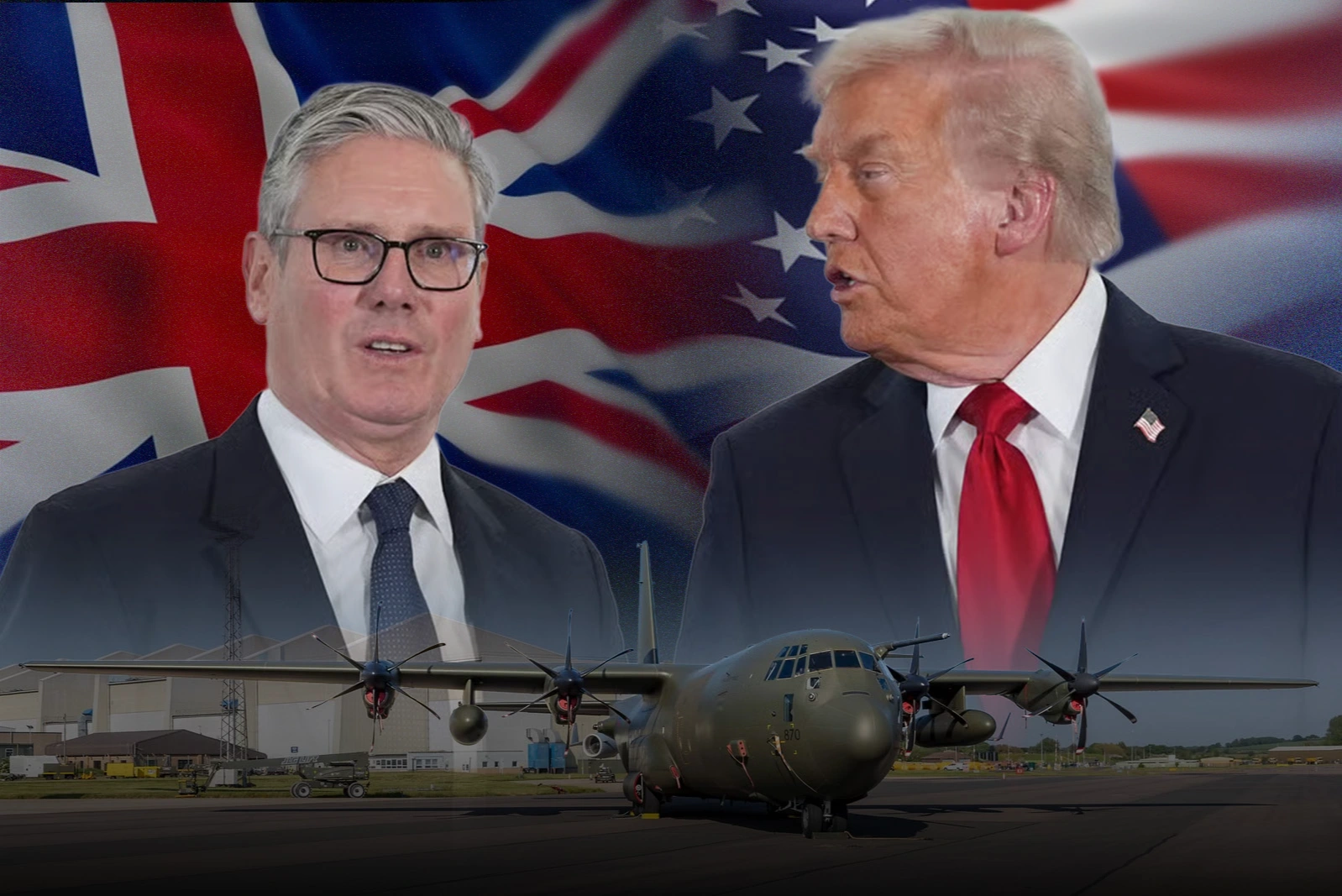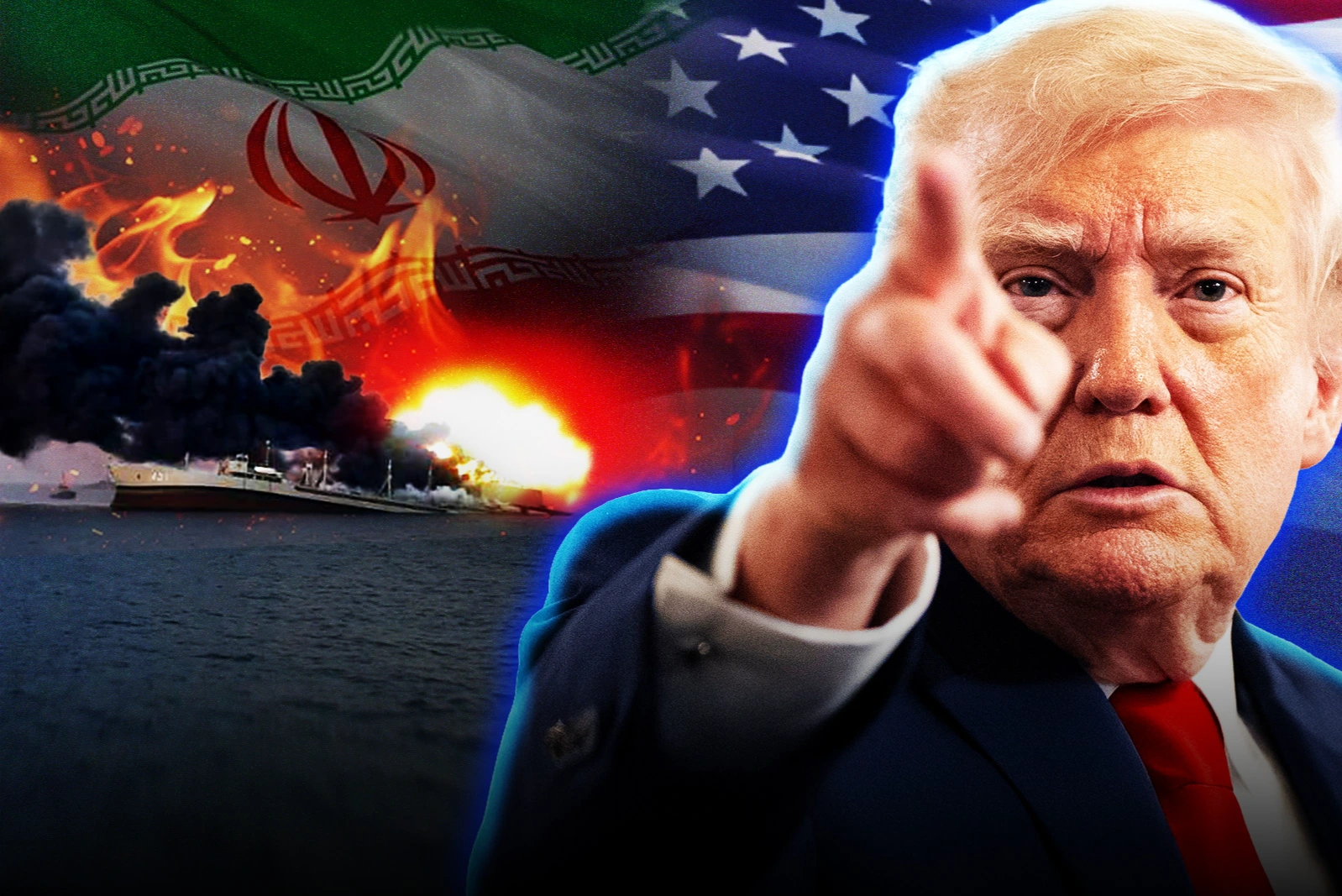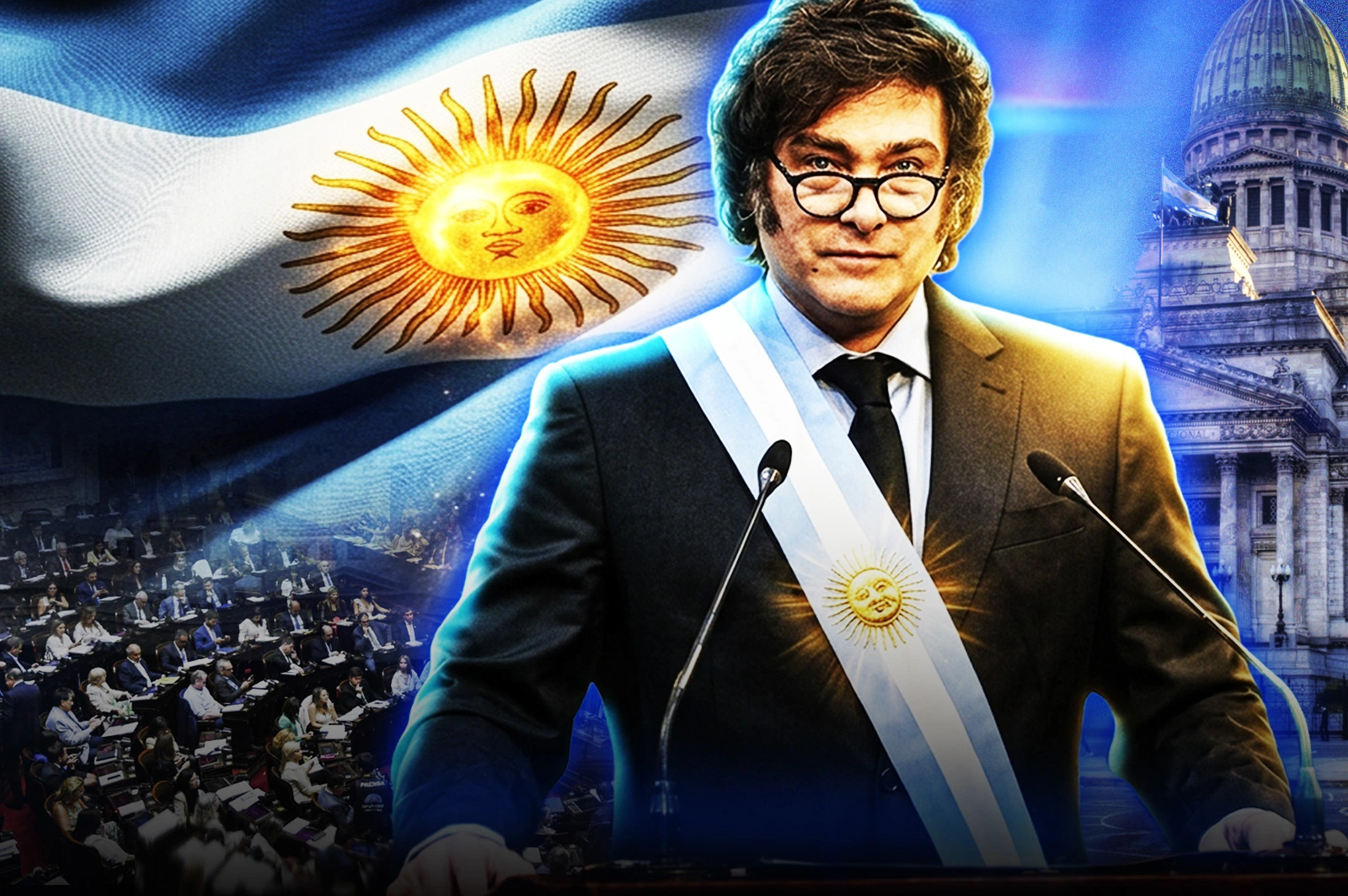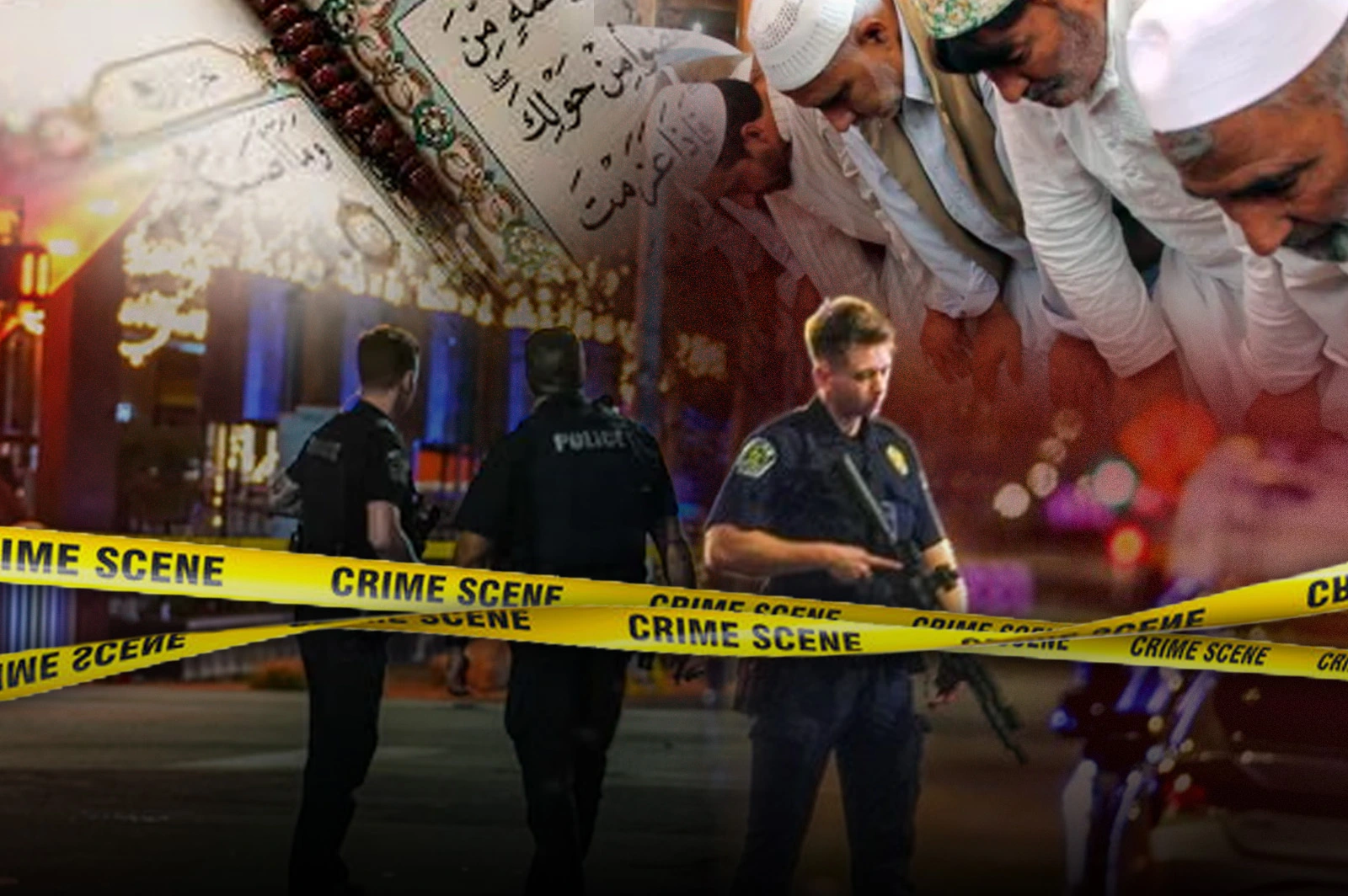The cardinals of the Catholic Church concluded their pre-conclave meetings on Tuesday, still without a clear favorite to succeed Pope Francis. The meetings focused on defining the ideal profile of the next pontiff, someone capable of guiding an institution hit by scandals and in need of reconnecting with new generations.
The 133 cardinals with voting rights, from 70 countries, agreed that the next pope should be more than a conservative or progressive figure. In the words of Cardinal William Seng Chye Goh, Archbishop of Singapore, "we need a superman!"
A conclave marked by internal and external challenges
The Church faces a combination of crises ranging from sexual abuse to dysfunctional bureaucracy in the Vatican. Added to this is the loss of followers in Europe, the financial difficulties of the Holy See, and the growing global secularization.
Although Francis appointed the majority of the electors —108 of the 133—, the pre-conclave atmosphere revealed that many of them barely knew each other, which made it difficult to build clear consensuses.
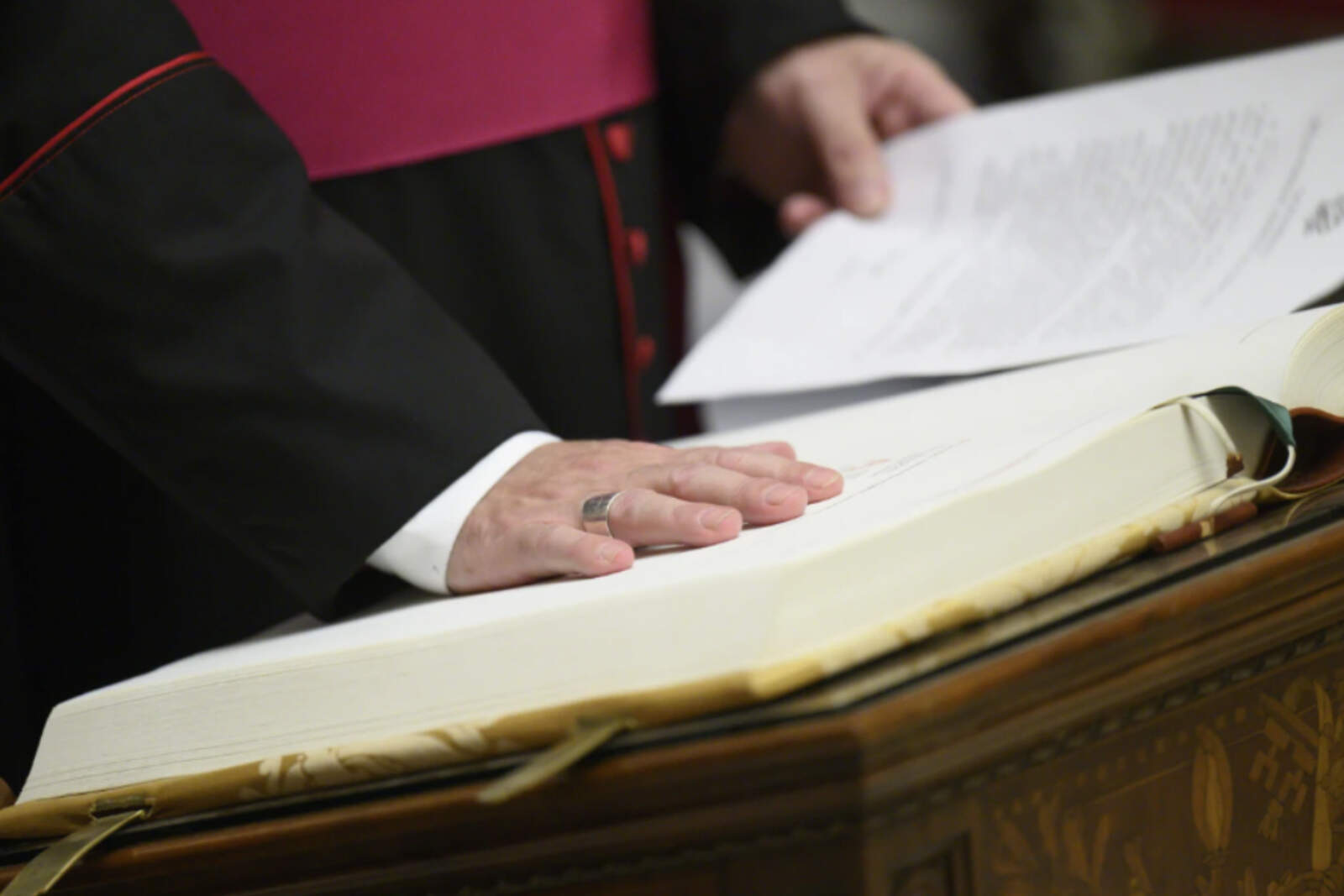
On Tuesday, the cardinals held their last general congregation. As part of the transition rites, the fisherman's ring and Francis's papal seal were destroyed, symbolically sealing the end of his pontificate.
This Wednesday afternoon, the cardinals will enter the Sistine Chapel to begin the electoral process. Amid the singing of the Litany of the Saints, they will swear absolute secrecy and listen to an initial meditation. Then, they will cast the first vote.
If no candidate reaches the necessary 89 votes (two-thirds), up to four votes will be held daily —two in the morning and two in the afternoon— until a new pope emerges.
